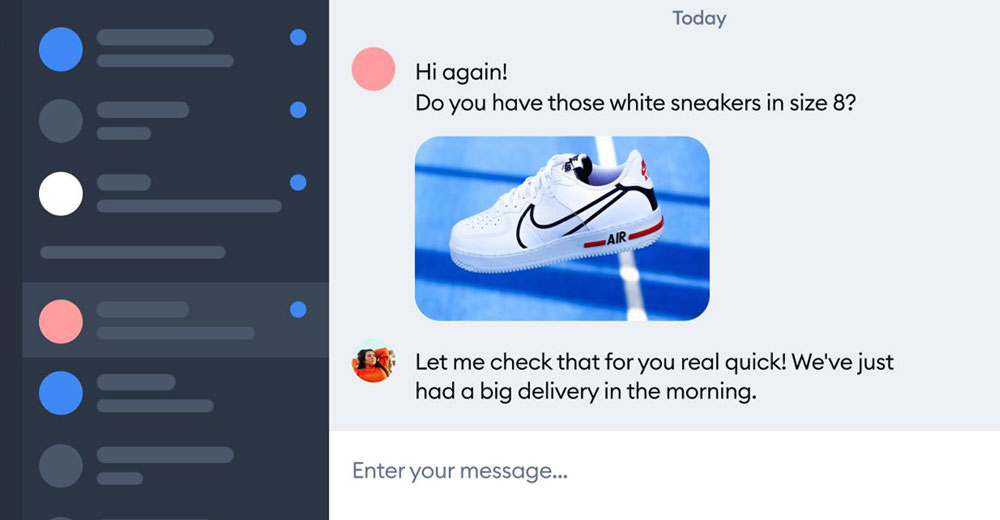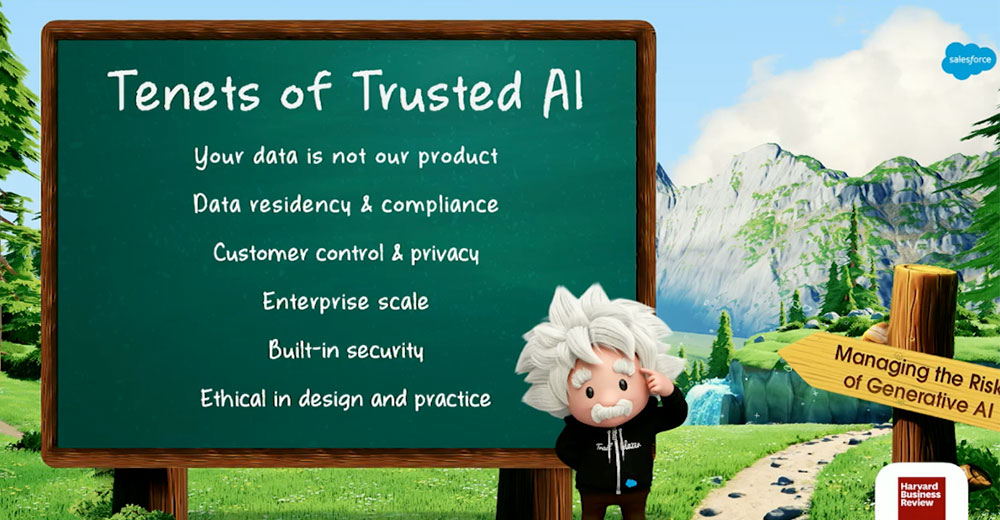As if online vendors did not have enough changes to handle in this post-Covid marketing environment, the impending loss of third-party digital cookies will soon force the e-commerce advertising industry to shift its strategies fast.
Third-party cookies will soon be a thing of the past. Within the next two years, Google will completely stop selling web ads targeted to individual users’ browsing histories. On Google’s popular Chrome web browser, cookies that collect this data will no longer be allowed.
Google recently announced plans to do away with tracking cookies on its Chrome browser by 2023. The company plans to replace them with a group profiling system intended to help create a more privacy-friendly web.
Other transitions away from third-party tracking cookies are also kicking in.
For instance, since April, iPhone and iPad users were prompted to opt-out of tracking apps that monitor their browsing. The European Union’s data protection laws classify digital cookies as a form of online identifiers. That makes them subject to regulations requiring websites to gain consent before placing cookies on browsers to track visitors.
These developments are issuing a real blow to advertisers seeking to leverage third-party data. At issue now is how brands will regroup from these substantial changes to online advertising.
One potential solution is to align marketing efforts with technology that gives marketers more control over their product and customer information. That is precisely what BigID’s actionable data intelligence platform is designed to provide.
Companies need to get the most out of their data by knowing what they have and where it is stored. The company provides strategies to help brands adapt to this changing environment, offered Heather Federman, vice president of privacy and policy at BigID.
“Digital cookies for a very long time have been the default tracking mechanism. Privacy regulations issued by the European Union started changing that,” she told the E-Commerce Times
We discussed with Federman the existential crisis online advertisers face in transitioning to what comes next in a cookieless world.
Derailing Tracking Set in Motion
A hotly debated activity for years has been websites tracking visitors’ Internet Protocol (IP) or addresses. For example, a web surfer goes to a shopping website to check out a pair of boots. That shopper then starts seeing ads for boots and related products throughout their continuing website visits.
“That is basically what digital cookies have been about, and regulators have gotten very concerned over cookies and that sort of tracking,” noted Federman.
To protect online privacy, regulators have offered various proposals to the cookie-tracking mechanism. Under the EU’s General Data Protection Regulation comes this idea that user consent must be acquired before any cookie is placed on a user’s computer, she noted.
“As a result, some consent mechanisms already exist,” she said.
That is driving the decision by numerous web browser companies to turn off cookies by default. But a lot of websites operators want site visitors to opt into cookies because that is how they generate revenue through free advertising, Federman explained.
Navigating the Cookie Apocalypse
Federman sees the solution to marketing in an e-commerce world without cookies as a more direct connection to online customers. The easiest thing for companies to do is to build on their relationship with each customer and create a first-party database.
A related approach is doing second-party data or advertising where the marketer knows the status of the first party. They might partner with another company and add to that data to enrich the customer profile, according to Federman.
The problem that marketers face once the cookie-tracking mechanisms in the browser turn off is the lack of a viable alternative for advertisers. One option is a unified consent tool. That approach remains up in the air, she noted. The same is true for using contextual-based advertising, she noted.
Buying Into the Paywall
Some website operators are considering a service subscription to support themselves as an alternative to relying on free advertising, suggested Federman.
“I, unfortunately, do think that will happen because this is the way that the world works,” she observed. “That is even more pernicious than the way that cookies have been working because, I think, marketers are still going to want to find a way to market,” she said.
Whatever solutions are concocted to replace the abandoned digital cookies, the phase-in process will be gradual over the next few years. That may cause concerns about lost revenue for advertisers along the way.
Regarding paywalls becoming more prominent on the internet, Federman sees that as a growing reality. We are starting already to see paywalls in the last few years for a lot of publishers.
“If they cannot use cookies to get their money from advertising, they are going to have to get their money directly from the users themselves. That is going to end up hurting our pockets because users were very used to free internet and getting free news all the time,” she said.
Answering the Monetizing Question
Obviously, how advertisers and website operators can successfully monetize their online activities under a new cookieless system is a major concern. Whatever solutions are implemented, it will not be a one-size-fits-all offering. For many, the quandary is developing strategies to keep the cash flow going without being able to track users.
“That is part of what is happening, and the community is in a bit of an existential crisis mode right now,” agreed Federman.
One thing that might happen is that a lot of the bigger players, the ones that have huge advertising platforms, will become more important and will also probably become more profitable, she suggested. Many of the smaller players, and especially smaller publishers and brands, will have to rely upon those larger services more extensively to get their message out.
One potential approach is a new cohort system Google is developing to replace the cookie process. Some reports describe it as an AI-powered profiling system that in some ways mimics what Facebook does.
Google recently announced a trial rollout of what it calls a Federated Learning of Cohorts (FLoC). This is a crucial part of its Privacy Sandbox project for Chrome.
Instead of digital cookies, FLoC shows websites little text bits and code the browsers store on the computer or phone. These bits of text and code help websites figure out if you have visited before, what your site preferences are, and your geographic location.
That process triggers adverts for things in which it figured you have a potential interest. Google claims the system is 95 percent as effective as third-party cookies.
So far, it is unclear how FLoC alleviates privacy concerns associated with cookies.
Divided Privacy Standards, Maybe
From an outsider’s view, it could seem like two different sets of rules are setting in concerning privacy regulations.
The EU is much stricter and more aggressive in enforcing their privacy laws. Not so much elsewhere, such as in the U.S. Consumers may end up in a situation where end-users in Europe are going to have one set of privacy rules, but not as much on this side of the pond.
“That is very possible. It is very possible you will have a balkanized internet,” agreed Federman.
In the U.S., the up-and-coming privacy laws like in California, even the new ones promulgated in Virginia and Colorado, are much more opt-out oriented, she added.
What Happens Next?
The ad tech community really needs to come together and figure out a solution to replace cookies before the upcoming two-year window closes. The focus must be on privacy-friendly and honoring the consent requirement, whether it is opt-out or opt-in, according to Federman.
Much of that process should fall upon the industry organizations that work with advertisers. These include the Network Advertising Initiative (NAI), Interactive Advertising Bureau (IAB), Digital Advertising Alliance (DAA), and others.
Add to that list the European advertising association counterparts as well.
“I do not know if we will ever be able to come to a real consensus with the privacy advocate community because many of the folks on the privacy advocacy side are not a fan of advertising,” said Federman.




























































